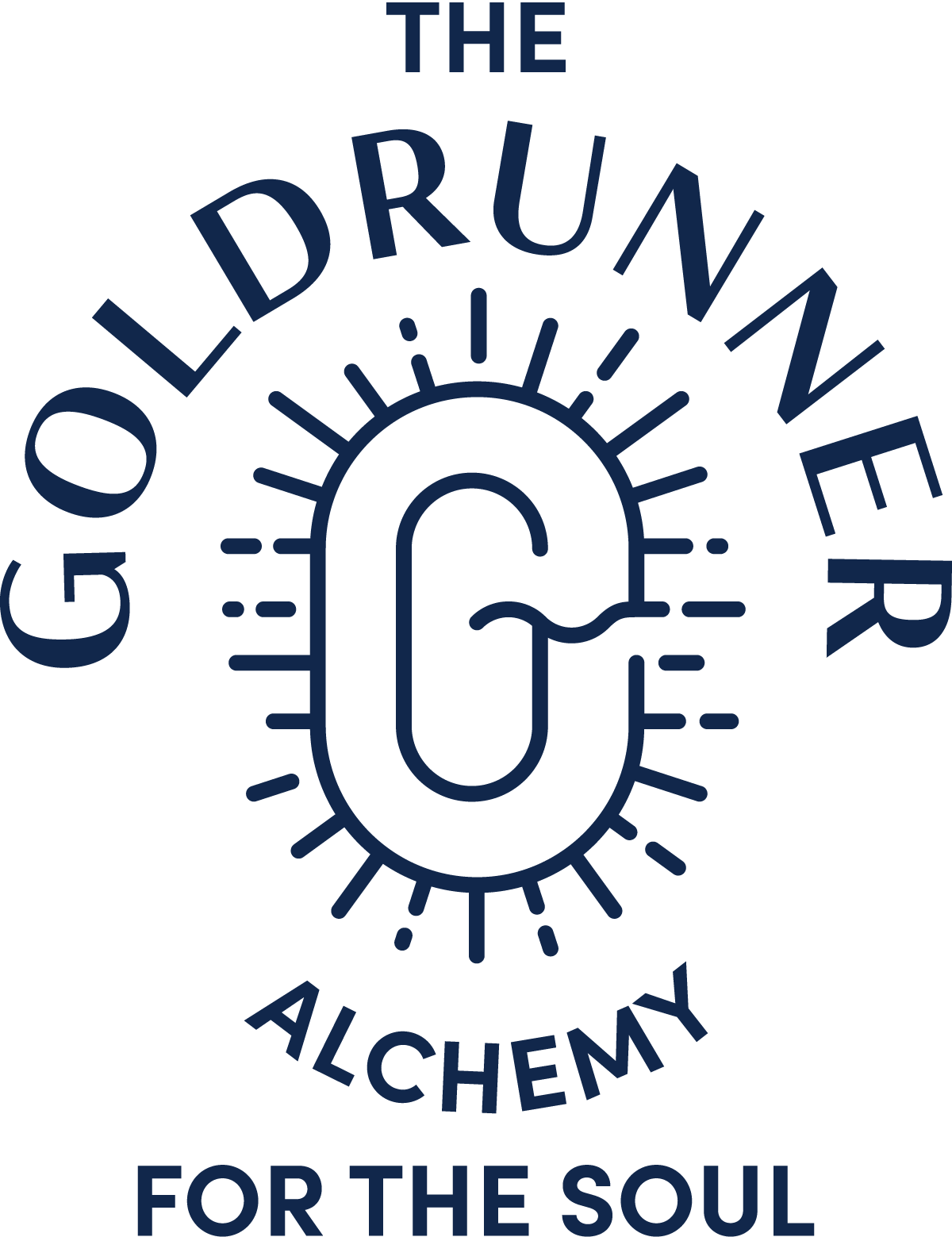"The body has its own wisdom, it doesn't bother about the mind. [T]he mind is a great pretender. You just watch your mind and you will see. With this pretender you want to understand? This is the only false note within you." --Osho
Perfect pictures are not the same as intentions.
I spend a lot of time every day in my personal and professional life working with energy, gathering healing tools and sharing that information with others. Which is wonderful, but now and then I catch myself feeling as though I'm supposed to have everything figured out.
The logic goes something like this: "I know how to clear energy and restore vitality to my aura. Therefore, I shouldn't be feeling pain or fear. If I do, I have failed."
It's wonderful to aspire to confidence and healthy boundaries, and to set goals for what we want to manifest. But one way I can tell the difference between a pure intention and a perfect picture is whether the words "should" or "must" creep in to what my definition of what good looks like.
A while back, I had a relationship end in a particularly devastating way. For a long time I splashed around in a yucky puddle of feeling damaged, betrayed, rejected ... an awfully heavy compound of hurt and confusion. As I watched my healing process unfold, I tried - and failed - to bear witness to it with the lovingkindness of a parent.
It's hard to overstate the level of judgment and self-punishment I added to the muck: "Are you STILL feeling sad? You should be over this! You sure love being the victim, don't you? No wonder you're alone."
I guess there are parents out there who talk this way to their children. I'm lucky that isn't my situation ... My own family and friends offered their support and love without question and without reservation. I was the one applying the pressure. "I SHOULD be over it. I MUST let it go. Each day HAS TO be better than yesterday ... or I've failed. Again."
The body doesn't play by those rules.
Almost two years ago, I jammed my big toe while traveling. A couple weeks later when I got home, I went to the podiatrist to see if I had broken it. The good news? It wasn't broken. The bad news? It wasn't broken. The injury was a sprain, and it would take longer to heal.
I recall spending lots of time using my intuitive tools to clear negative energy off the toe, which ached all the time. But (I thought) to no avail: I had to get different shoes, modify dance moves, and wince through walks around the neighborhood. It was definitely not unfolding the way it "was supposed to." I set new intentions for healing, which quickly morphed into expectations of perfection: "You should detach from the outcome! You should be kinder to your body! You should not let others' opinions affect you!"
In each of these directives sat an implicit and insidious "...or else." Imagine if the podiatrist had said something similar to me during my visit. "You're just going to have to wait and let it heal on its own ... or else."
It's a ridiculous thought, but one I see a lot of people applying to emotional healing and spiritual growth (I'm not unique in this, I realize). Our mind wants results, and it wants control. So we micromanage the process, feeling as though that's somehow productive.
One toe at a time.
I almost laughed the day I realized, suddenly, that my toe didn't hurt anymore. At some point I forgot to be mad at it for continuing to give me trouble - probably because I found something else to control. Possibly my heart-sprain overtook my toe-sprain as the biggest "problem" I had to fix.
In any case, I realized something even more valuable in that moment. I happened to be right in the middle of beating myself up for continuing to grieve my failed relationship. Why did I still feel so rotten? What was wrong with me?
Hang on, though, I thought. It took a single toe 18+ months to heal from a careless slip into a concrete wall. Why should I demand my heart recover in a few short weeks?
And then I had another thought: My brain serves me well. But it sure didn't know what was best for my big toe. My big toe is the very capable boss of itself. Likewise, I might do well to have my brain back off on matters of the heart. My heart probably knows what it's doing better than that big meanie way up in my skull does.
As a general rule, I find my body has an intelligence far more profound and accurate than what my brain can cook up. Our brains can mess with us through rationalization and analysis. Our bodies don't jump through these hoops. The body's brand of intelligence tells it like it is--and doesn't judge or second-guess. My heart will never punish me for caring deeply how she's faring. My toe will never judge me for being too much (or too little) of anything.

